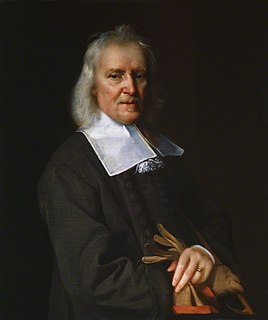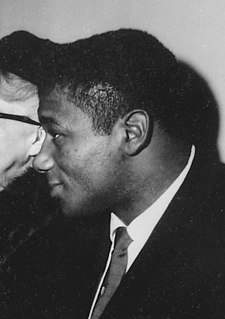A Quote by Izaak Walton
He that loses his conscience has nothing left that is worth keeping.
Related Quotes
Although there is nothing so bad for conscience as trifling, there is nothing so good for conscience as trifles. Its certain discipline and development are related to the smallest things. Conscience, like gravitation, takes hold of atoms. Nothing is morally indifferent. Conscience must reign in manners as well as morals, in amusements as well as work. He only who is "faithful in that which is least" is dependable in all the world.
Shaw does not merely decorate a proposition, but makes his way from point to point through new and difficult territory. This explains why Shaw must either be taken whole or left alone. He must be disassembled and put together again with nothing left out, under pain of incomprehension; for his politics, his art, and his religion - to say nothing of the shape of his sentences - are unique expressions of this enormously enlarged and yet concentrated consciousness.
Emile Saint-Blague had been a lively, versatile painter in his youth, but he had abused his energy by painting too many pictures; so that in what might have been the ripe period of his art he had nothing left but ideas. A man who has nothing left but ideas may be of great service to his friends, but he is of no use at all to himself. Emile was certainly an inspiration to his friends.
To handle yourself, use your head; to handle others, use your heart. Anger is only one letter short of danger. If someone betrays you once, it is his fault; if he betrays you twice, it is your fault. Great minds discuss ideas; average minds discuss events; small minds discuss people. He who loses money, loses much; he who loses a friend, loses much more; he who loses faith, loses all.




































